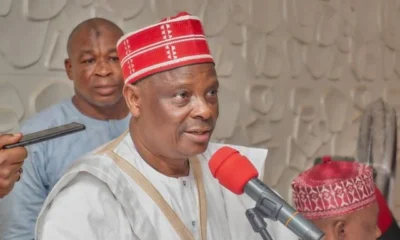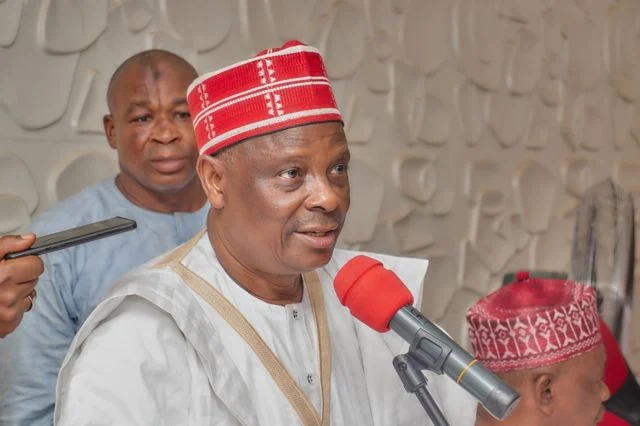- As IGP Commends Officers For Vigilance, Commitment To Safety
In furtherance of the directive of the Inspector-General of Police, IGP Kayode Adeolu Egbetokun, Ph.D., NPM., to commands and formations to emplace unalloyed anti crime strategies towards ensuring adequate safety and security during this festive period, operatives of the Nigeria Police Force across several states in the country have successfully apprehended multiple groups of armed robbers, cultists and hoodlums targeting fun seekers and engaging in gangsterism during Christmas celebrations.
On the 25th of December 2024, at about 1am, the police operatives attached to Lagos State Command, received a distress call that a group of hoodlums armed with dangerous weapons was operating around the Safejo area of Amukoko, Lagos State. The swift response by the police operatives to the scene led to the arrest of 3 of the suspected hoodlums identified as Emmanuel Okoli ‘m’, 20 years, Ogunde Tejiri ‘m’, 20 years, and Emmanuel Orji ‘m’, 18 years, and also the recovery of the weapons they had used in carrying out robbery attacks on innocent funseekers in the area. The police have emplaced intensified searches to apprehend the fleeing members of the gang.
In a similar development, Police Operatives attached to Saminaka Division of the Kaduna State Command on 25th December 2024, at about 8pm, successfully apprehended one Sule Muhammad ‘m’, 25 years, who has been actively involved in multiple kidnapping incidents within the Saminaka area. Further investigation led to the recovery of a fabricated AK-47 rifle from the suspect. The suspect confessed to being a member of a notorious kidnapping gang who had been evading arrest since the arrest of other gang members on August 16, 2024, until his recent arrest on 25th December 2024. Following cooperation received from Muhammad, efforts are in top gear to apprehend other members of his gang and recover more arms and ammunition in their identified camp. Commendable efforts of the Nigeria Police Operatives have also been witnessed in states including Delta, Ogun Katsina, Benue, FCT and Imo, leading to the arrests of several suspects in various locations during the Christmas celebration period.
The IGP has commended the officers involved in these operations for their vigilance and commitment to public safety, highlighting their display of exemplary dedication in safeguarding our communities, especially during this joyful season. The IGP urges the public to remain vigilant and report any suspicious activities to the authorities.
The IGP further assures citizens that the Force is fully committed to creating a safe environment for everyone as they partake in the joy and cheer of the holiday season. As the celebrations continue, the Nigeria Police Force remains steadfast in its mission to protect all citizens and ensure that the spirit of festivities during this period remains unmarred by criminal activities.
ACP OLUMUYIWA ADEJOBI, mnipr, mipra, fCAI,
FORCE PUBLIC RELATIONS OFFICER
FORCE HEADQUARTERS,
ABUJA.
27TH DECEMBER 2024.



 BIG STORY4 days ago
BIG STORY4 days ago
 BIG STORY4 days ago
BIG STORY4 days ago
 BIG STORY5 days ago
BIG STORY5 days ago
 BIG STORY2 days ago
BIG STORY2 days ago
 BIG STORY4 days ago
BIG STORY4 days ago
 BIG STORY4 days ago
BIG STORY4 days ago
 BIG STORY5 days ago
BIG STORY5 days ago
 BIG STORY22 hours ago
BIG STORY22 hours ago






















